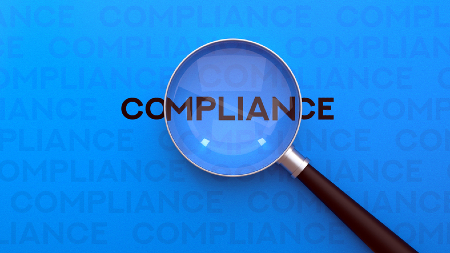Schools, colleges, universities, and professional schools in India should adhere to several compliance measures to prevent tax audit issues.
These measures are essential to ensure proper tax reporting and compliance with the tax laws of the country.
Here’s a breakdown of the steps they should take:
1. Maintain Accurate Records:
Educational institutions should maintain accurate and organized records of their financial transactions, including income and expenses.
Proper record-keeping is crucial for substantiating the information reported in their tax returns.
2. Timely Filing of Returns:
It’s imperative for educational institutions to file their income tax returns (ITR) on time.
They should ensure that their ITRs are submitted by the due date to avoid penalties and compliance issues.
3. Proper Classification of Income:
Educational institutions often have various sources of income, such as tuition fees, grants, donations, and other receipts.
It’s important to classify these income sources correctly and report them accurately in the appropriate sections of the tax return.
4. Compliance with TDS Regulations:
If the educational institution is liable to deduct tax at source (TDS) on payments made to vendors or employees, they should adhere to TDS regulations.
Timely deduction and remittance of TDS amounts are crucial to avoid any audit-related issues.
5. Appropriate Treatment of Exemptions:
Educational institutions might be eligible for certain tax exemptions or deductions as per the Income Tax Act.
They should correctly identify and claim these exemptions in their tax returns to reduce their tax liability.
6. Transparency in Reporting:
All financial transactions should be transparently reported in the books of accounts. Any concealment or manipulation of financial data can lead to serious tax audit problems.
7. Disclosure of Donations:
Educational institutions often receive donations from individuals, trusts, or corporations. These donations should be properly documented and disclosed in the tax returns. Failure to do so could attract tax audit scrutiny.
8. Verification of Tax Deductions:
If the educational institution is claiming deductions, they should ensure that the required supporting documents and proofs are readily available. This helps in substantiating the deductions claimed during a tax audit.
9. Adherence to GST Regulations:
If the institution provides services subject to Goods and Services Tax (GST), they should comply with GST regulations. Timely GST registration, filing of returns, and correct invoicing are crucial aspects to avoid issues.
10. Employee Taxation Compliance:
If the institution has employees, they need to ensure correct tax deductions from salaries and timely payment of the deducted amounts to the tax authorities. Non-compliance can lead to audit challenges.
By following these compliance measures, educational institutions can minimize the risk of tax audit issues in India and maintain a strong position of transparency and legality in their financial operations.
To visit: https://www.mca.gov.in/
For further details access our website: https://vibrantfinserv.com

